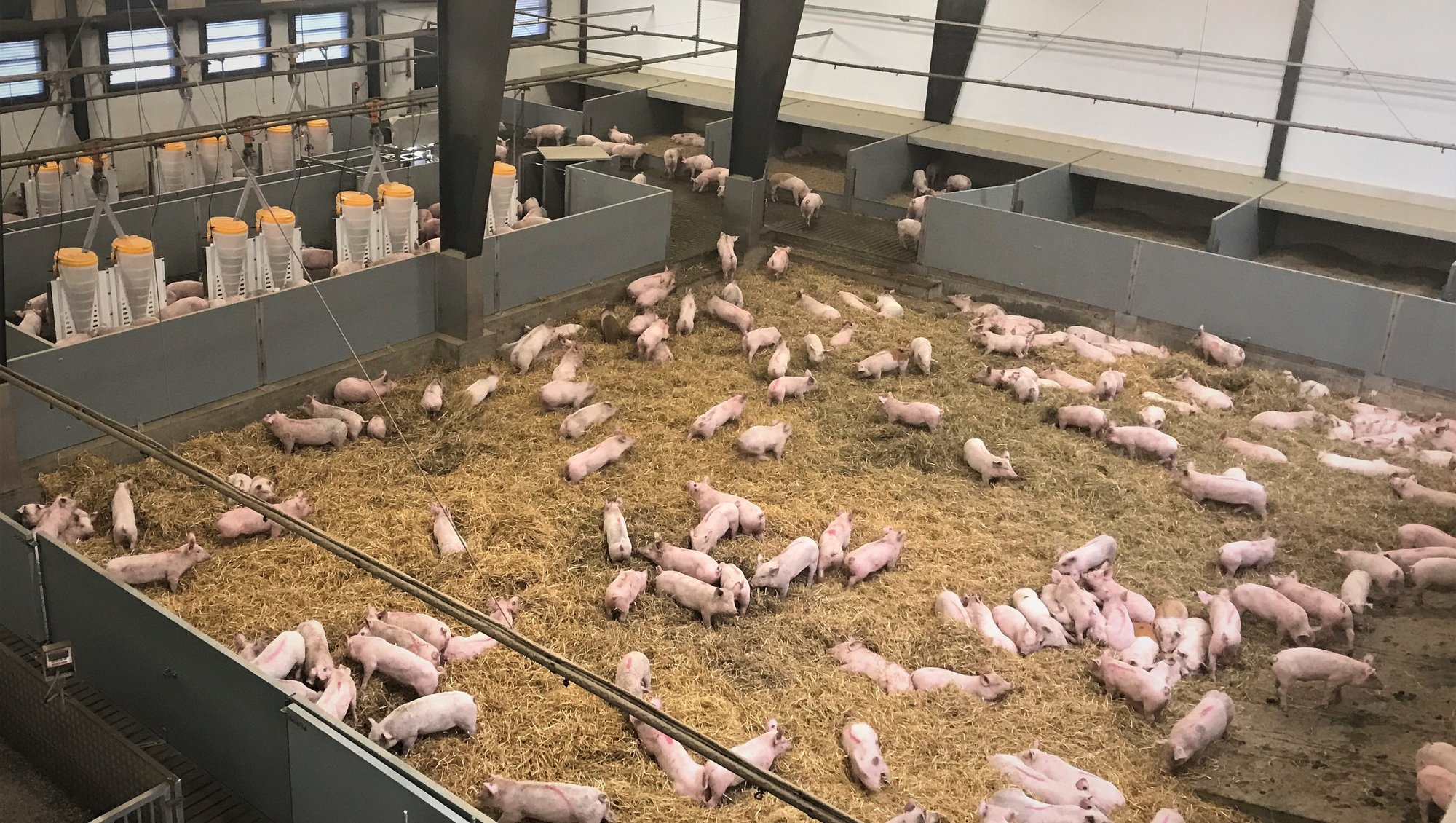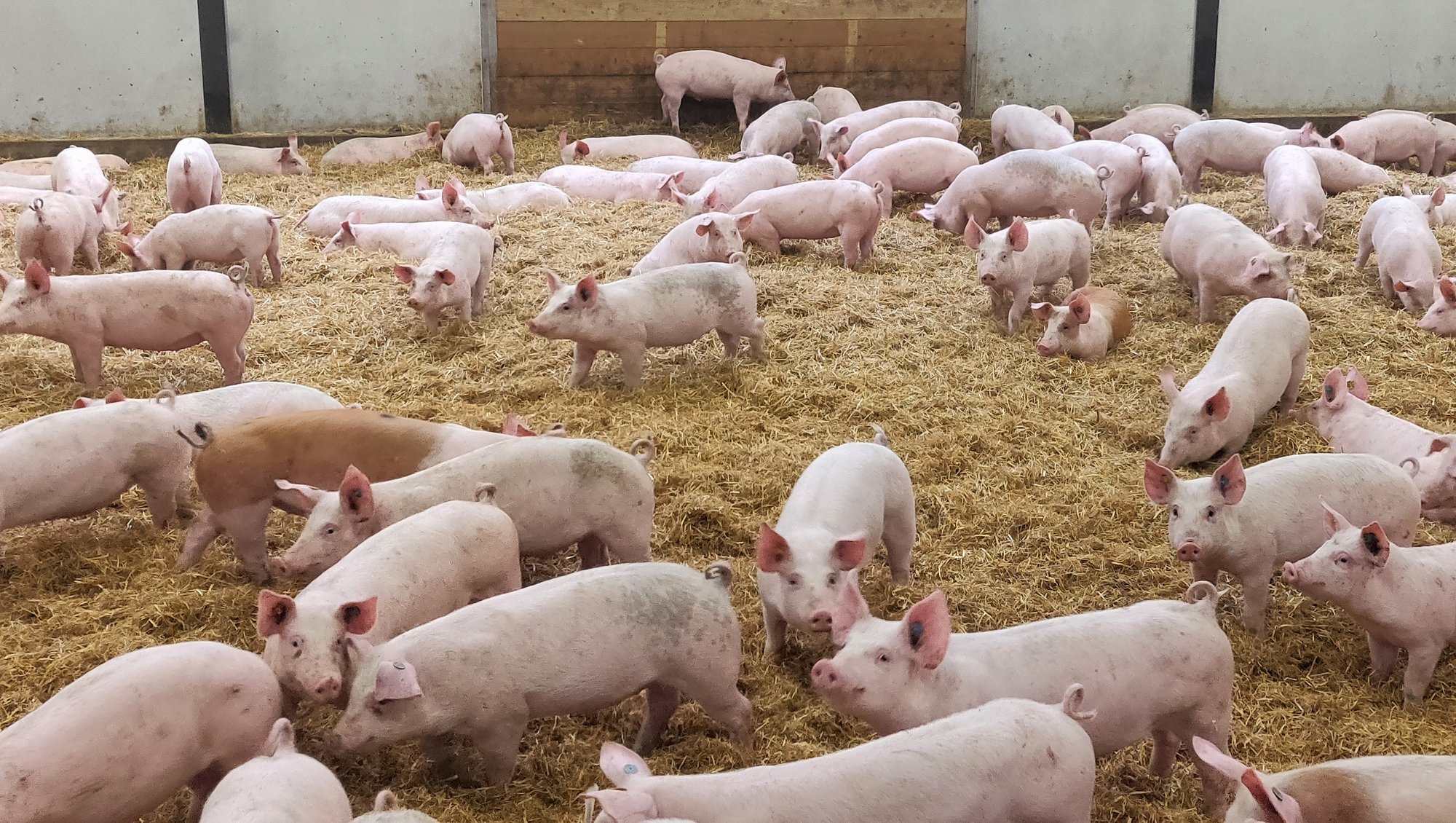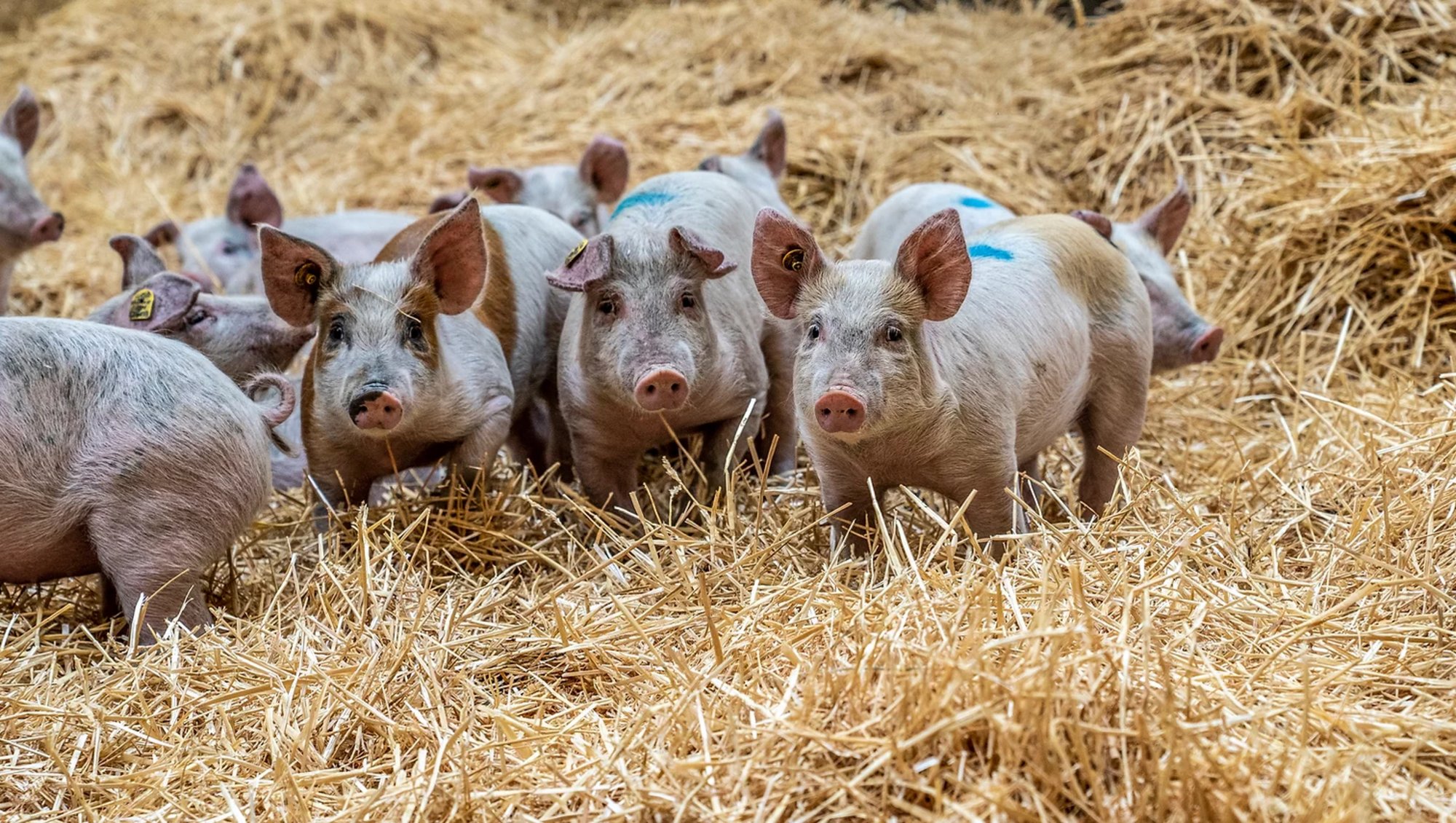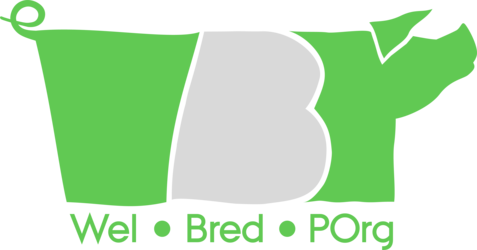WelBredPOrg
Breeding for Natural Behavior in Organic Pig Production for the Benefit of Animal Welfare, Climate, and Environment
Background
Danish consumers prioritize animal welfare as a reason for purchasing organic pork. In organic production, the welfare of pigs must be promoted, and their natural behavior must be accommodated. This is why all pigs must have access to outdoor areas as well as rooting- and roughaging materials. Roughages stimulate pigs to root, enhances positive experiences, and improves gastrointestinal health. However, there is significant variation among pigs in their motivation to engage in natural rooting and foraging behavior when provided with roughages.
The purpose of WelBredPOrg
If it is possible to ensure that all pigs are motivated to root and consume roughages, a larger portion of the feed can be sourced directly from the field for the benefit of climate and the environment. However, the pigs currently used in organic farming are primarily bred for high feed efficiency and growth on finely ground concentrated feed, similar to conventional production. This intensive breeding has led to less active pigs with lower motivation for exploratory behavior. In WelBredPOrg, the possibility of breeding for traits linked to pigs' motivation to root in and consume roughages will be investigated.
The project step-by-step
- To develop and validate a method that can measure and document pigs' interest in roughages.
- To investigate how this trait is linked to other known welfare indicators.
- To uncover the selection potential by monitoring the trait on a large scale in 4800 pigs with known genetic lineage.
Project period
2023-2026 (postponed to 2027)
Project leader
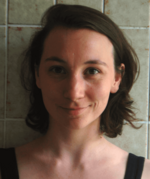
Roos Marina Zaalberg
Postdoctoral Researcher
Center for Quantitative Genetics and Genomic Research, Aarhus University
roos.zaalberg@qgg.au.dk
Project partners
Roos M. Zaalberg, Emre Karaman, and Thinh T. Chu, Center for Quantitative Genetics and Genomic Research, Aarhus University
Lene J. Pedersen, Jens Malmkvist, and Mona L. V. Larsen, Department of Animal Science, Aarhus University
Simme Eriksen, Center for Free-range Livestock
Henrik Bovbjerg, Bovbjerg Økologi A/S
